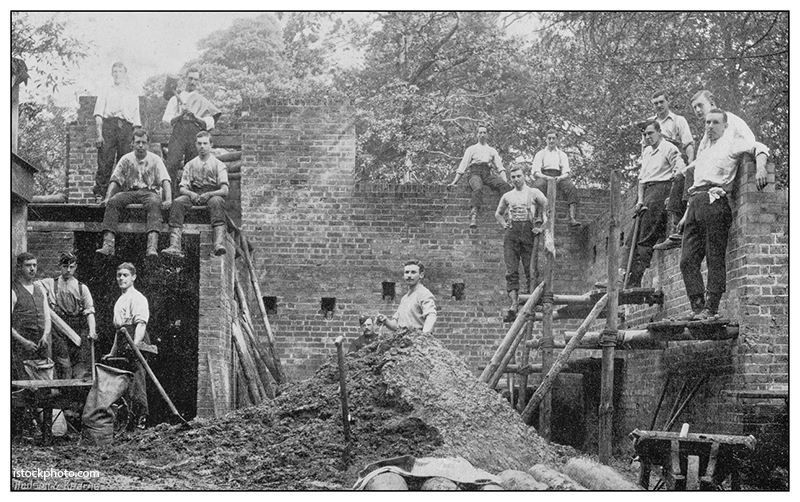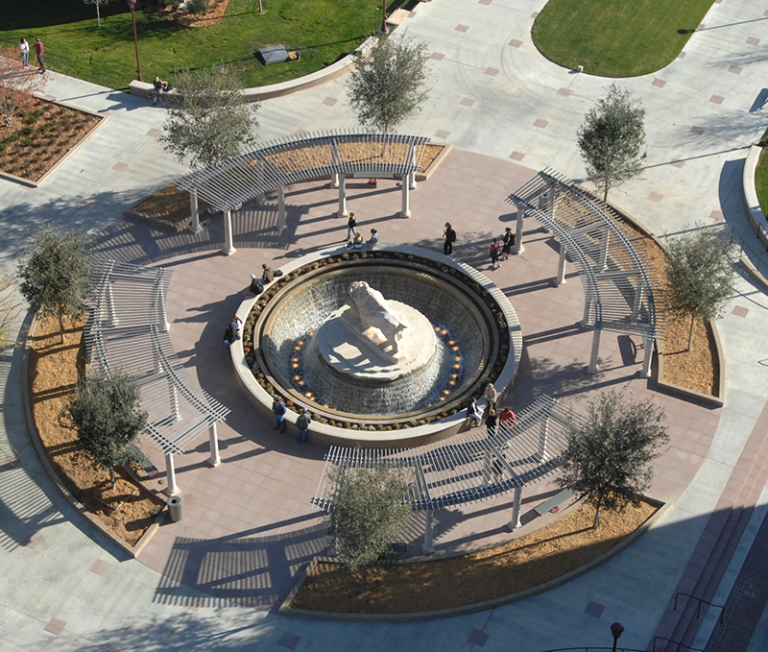
Thoughts from a Principled Conservative Outpost—Third in a series on the aspects of Panhandle conservativism.
“Patton Springs ISD in Afton, Texas, had 96 students for the 2017-2018 school year. It is small. It is old—established in 1910, the same year West Texas A&M University was opened. On October 9, 1933, a group of schools voted to consolidate to form the New Common School #22: Afton (Chandler had already joined with Afton), Duncan Flat, Midway (which included the former McCarty, Amity, and Liberty schools) and Croton (which included Highland). The 20 acres on which it was established were squeezed out of the Matador Land and Cattle Company, and in 1935-1936 the school had 419 students and 15 teachers. The people of Patton Springs.”
According to Russell Kirk, “In a genuine community, the decisions most directly affecting the lives of citizens are made locally and voluntarily.” The Patton Springs consolidation is a living example of Kirk’s thought. While consolidation driven from a faraway capital, such as Washington, D.C., or Austin, might be contentious, conservative thinking drives decision-making at the local level, and the consolidation is a powerful act of survival.
Conservative thinking often emphasizes tradition, stability and respect for authority. In environments where these values are shared, conservative individuals may generate trust more easily among like-minded people because of a shared worldview and mutual understanding. Annette Baier believed trust carried an ethical expectation of others acting in good faith. Patton Springs, even in its human imperfections, is a community composed of real people willing to risk trusting each other for a greater good. Such thinking leads to stronger in-group trust when members of a group share similar values. I believe that is what allowed the local consolidation process to work. When individuals or groups act consistently, it is easier for others to form positive expectations of their future behavior, potentially increasing trust and resolving challenges.
Conservative thinking often places a significant emphasis on the role of authority and hierarchical structures. In contexts where authority is respected and seen as legitimate, responsible authority may be trusted because it represents stability and order. The extent to which conservative thinking generates trust also depends on cultural contexts. Cultural norms and values, such as those expressed in everyday life in the Texas Panhandle, play a significant role in determining what is considered trustworthy behavior. Additionally, in situations where conservative approaches align with the collective good or societal needs, trust may be enhanced.
According to Gallup, people working together in the Panhandle of Texas form a community bond and generate trust in institutions that serve the people. For a republican government to function effectively, citizens must have trust in the various bodies that govern them because the people make up the governing body. When trust is present, citizens believe associations are working in the community interest, leading to stability and effectiveness of the governance of something as small and powerful as Patton Springs ISD. Creating public trust is a multifaceted process that involves consistent actions and communication from organizations and individuals. Transparency, consistency, accountability, ethical behavior, engagement, quality, competence, communication, community strength and long-term perspective all follow the gaining of trust.
Trust is the glue that holds a society together. It enables people to work together, live in harmony and engage in social transactions with the confidence that their rights and interests will be respected and protected. In a society where trust is prevalent, people are more likely to collaborate and support one another. Trust is crucial for economic transactions. High levels of trust also encourage investment and innovation because businesses feel more confident in the stability of their environment and the reliability of their partners.
John Locke’s political philosophy, particularly as presented in his Second Treatise of Government, is a cornerstone of classical liberal political theory and has profoundly impacted modern governments’ development. In the treatise, Locke lays out a detailed account of civil society, natural rights and the role of government, which he sees as fundamentally tied to the protection of individuals’ rights to life, liberty and property. One of the key concepts in Locke’s philosophy is the state of nature, which he describes as a pre-political condition where individuals are free and equal, bound only by the law of nature. This law of nature dictates that individuals should not harm another person’s life, health, liberty, or possessions—a variant of the “Law of Reciprocity” commonly known as “The Golden Rule.” For Locke, the limitations of the state of nature lead individuals to consent to form a civil society and establish a government to enforce laws, protect property and ensure the public good. In short, the public trust.
Trust in institutions, such as the government, legal systems and law enforcement, is essential for the effective functioning of a free society. When citizens trust their institutions, they are more likely to comply with laws, pay taxes and participate in democratic processes that are part of a republican form of government. This trust enables society to function more efficiently, with greater legitimacy. On a personal level, trust contributes to a sense of security and well-being. People in high-trust societies tend to report higher levels of happiness, lower levels of stress and better health outcomes. Trust in neighbors and fellow citizens is liberating.
At WT, we are working to create an environment that appreciates and applies trust to our relationships on and off campus.
Walter V. Wendler is President of West Texas A&M University. His weekly columns are available at http://walterwendler.com/.




